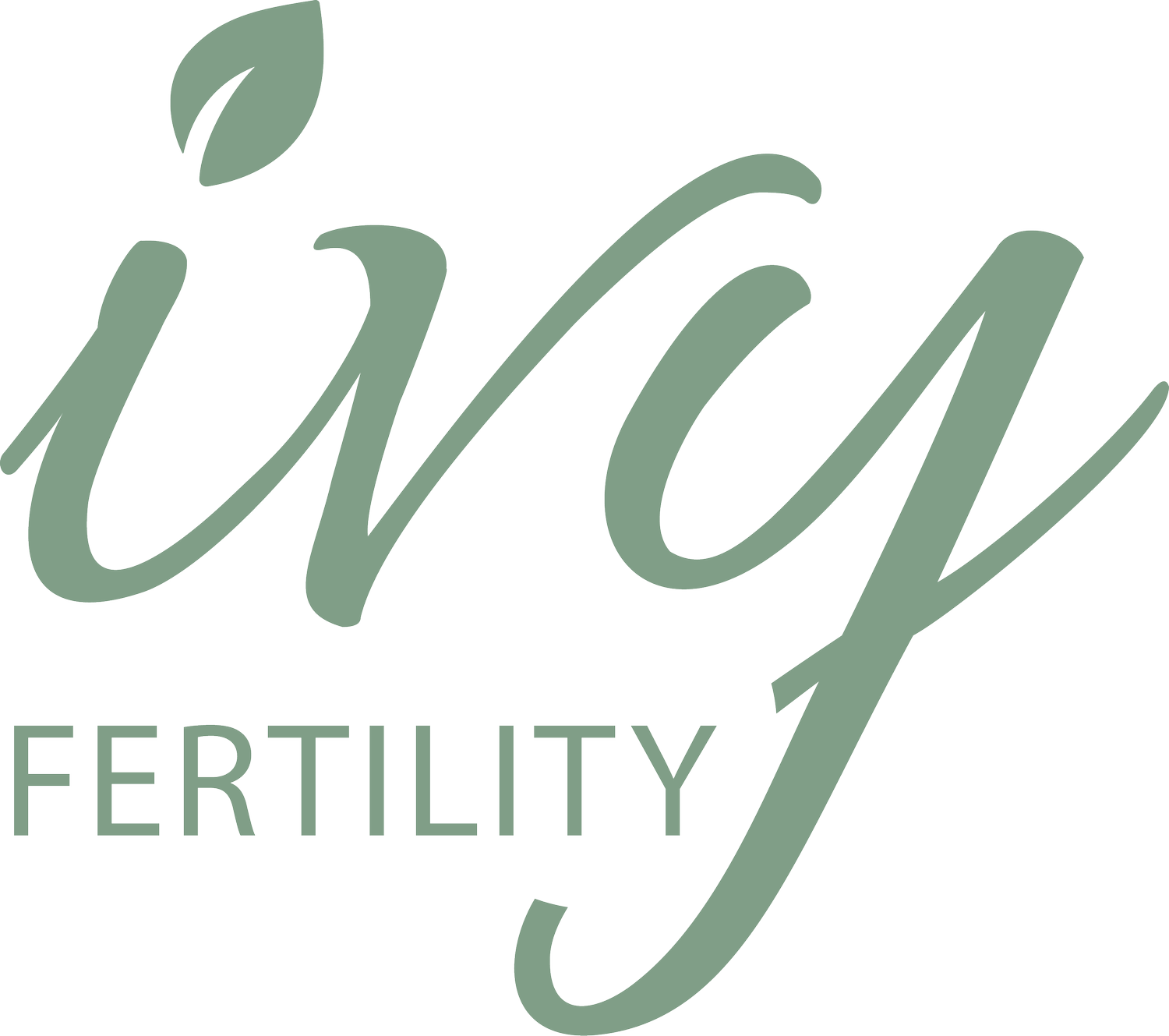
Competent and compassionate IVF treatments.
We take your family dreams seriously. Our centers bring technology, experience, and tenderheartedness to every IVF cycle, which results in improved outcomes.
In vitro fertilization—explained
IVF treatments can be an effective path for individuals and couples who are coping with infertility. The service involves fertilizing an egg outside of the body, followed by implanting the embryo inside of a uterus.
While the resulting treatment will vary from patient to patient, here’s a general overview of the steps:
Step 1
You will have a preliminary consultation with your physician to discuss your medical history and create a plan. We will also schedule pretreatment testing to custom-tailor your treatment plan for optimal results.
Step 2
With support and supervision from your dedicated team, we’ll help you with a treatment plan to stimulate and retrieve multiple eggs from your ovaries.
Step 3
Our centers have state-of-the-art laboratories, and once the eggs have been retrieved, our skilled embryologists will fertilize the eggs to create an embryo. Depending on your needs and goals, we may want to do genetic screening of the embryos to ensure a higher chance of success with the embryo transfer.
Step 4
Next, it’s transfer time. Your healthcare team will work with you to decide which embryo to transfer. Once the transfer is complete, we will schedule a pregnancy test about 10-12 days after your transfer. After a positive pregnancy test, we will continue to monitor to confirm successful embryo implantation.
IVF is often a beacon of hope for patients who want to build their families, and our centers’ success rates outperform industry standards. We feel honored to help our patients with this journey.

"I never thought that I would be pregnant that soon. Thanks to our amazing doctor. The words cannot describe how thankful we are."
—Ani, patient of Los Angeles Reproductive Center
In vitro fertilization—answered
Our centers welcome questions from prospective and current patients. In our eyes, education is empowerment. Here are some of the most frequently asked questions about IVF:
-
“The overall length of treatment cycle takes about 2 months, however it is important to have the initial screening complete and insurance requirements in place first. You may also have personal schedule restrictions that need to be accommodated which can change the timeline. The IVF service is broken into distinct phases. First is Embryo Creation which includes ovulation stimulation (10-12 days), oocyte retrieval (1 day), laboratory (3-7 days), and cryopreservation of the embryo (1-day). The second phase is Embryo Transfer which includes luteal phase monitoring (10 days), and embryo transfer ( 1-day). ”
- Gregory F. Rosen, MD of Reproductive Partners Medical Group
-
“IVF can be an effective fertility option for patients with the following conditions: ovulatory dysfunction, male factor infertility, blocked/diseased/absent fallopian tubes, pelvic inflammatory disease, unexplained infertility, endometriosis, PCOS, uterine factors, or cervical mucus problems. Your dedicated medical team will work with you to decide if IVF aligns with your fertility goals and needs.”
- Gayane Ambartsumyan, MD, PhD of Reproductive Partners Medical Group
-
“While every patient is different, there may be feelings of discomfort at various stages of the IVF cycle. Your dedicated team is here to support you physically and emotionally, and we’ll equip you with tools and recommendations to make the process as seamless and safe as possible.”
- Jason D. Parker, DO of Utah Fertility Center
-
“Ivy Fertility’s centers outperform IVF success rates across the country. At Pacific NW Fertility, we have rates of over 70% live births per egg retrieval (<35) and approximately 20% live births per started cycle (ages 41-42). Please see SART and CDC data for details. Your dedicated physician will help you understand success rates for treatment options for your personal situation.
- Lora Shahine, MD, FACOG of Pacific NW Fertility
-
"IVF-PGT-M is used to screen embryos for specific single gene disorders, for example, diseases such as cystic fibrosis, Tay-Sachs, muscular dystrophy, and Huntington's Disease. Screening the embryos with PGT-M can greatly reduce the risk of having a child affected by an inherited condition. PGT-M allows us to screen embryos for specific gene mutations that have been identified through gene mutation testing of the sperm and egg provider. It is also an option for people or couples with a known family history of a specific genetic abnormality/disease.
Prior to creating embryos, the sperm and egg provider can be screened to see if they carry any gene mutations. If either party carries a dominant trait or if both parties carry a recessive gene mutation of the same disease, then they will be at risk of having an affected child. Therefore, they may be candidates for PGT-M to help select an unaffected embryo for transfer.”
- Sandy S. Chuan, MD of San Diego Fertility Center
You have options.
Contact the nearest center to explore the best options for your fertility needs.
"Words cannot adequately express our gratitude for everything you all did to help bring our newest little miracle into the world! We appreciate your patience, kindness, and positivity throughout our first IVF experience."
—Sloan and Aubrey, patients of Idaho Fertility Center
